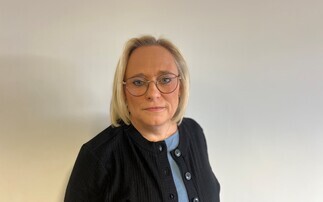The whole auto-enrolment piece has been structured without the intermediary in mind, despite a clear function for advisers in communicating the message, Capita said at the Employee Benefits Connect 2013 conference today.
Paul Sturgess, head of defined contribution at Capita, one of four panellists, said: "Auto-enrolment has not been put in place with advisers in mind. When you buy a house you automatically know a solicitor will have to be used at some point.
"This is the problem with have with this in that the same is not thought of advisers with AE."
Charles Doody, IFA at Devon-based Dart Financial Advice, and adviser delegate in the audience, said auto-enrolment had completely ignored the advice community.
"Although there are a lot of advisers not getting involved in auto-enrolment there are huge amounts out there that could be employed to get the message across," he said.
"The intermediary part of the whole piece is not being promoted by government. It is the obvious answer in how to communicate it to the public."
Brian Gabriel, director of corporate benefits at Aviva, said auto-enrolment and the rapidly-changing environment with employers was driving advisers to restructure their services in the same way RDR had done with investment advice.
Gabriel said: "Where we see segmentation on the RDR side I think we will see that coming through in the corporate side of things with all the changes going on for employers. Advisers can only afford to deal with clients that are viable."
Steve Delo, chief executive of PAN Governance LLP, said: "Advisers can sometimes complicate what is needed. Employers want something very simple with a bit of middleware bolted on to make the whole thing more straight forward without any unnecessary bells and whistles."
According to Aviva figures, 250 of 700 employers said they would use auto-enrolment to review their entire benefits package.
Capita said the initial pensions scheme opt-out had been much lower than expected at less than 10% where the classic assumption was 25%.











